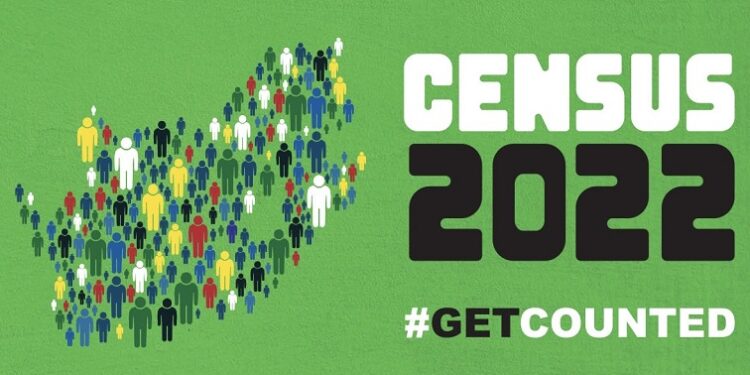Statistics South Africa says it has not reached the target it has set itself in terms of collecting population data for Census 2022.
The Statistics South Africa Head of Communications, Trevor Oosterwyk, says they will have to seek ways of collecting about 40% of outstanding data within the two weeks that are left.
On Sunday, the contracts of Census field workers expire, with some crying foul about not having been paid their salaries. Others say they signed contracts and were provided with tablets to collect data, but have not worked as field workers.
Stats SA to conduct its first digital population count Census 2022 in February
A young lady from Nkandla in KwaZulu-Natal – who did not want her name to be used – currently lives in Berea in the Johannesburg CBD. She says after graduating with a Diploma in Financial Management, and spending over a year sitting at home, she grabbed the opportunity to become a Census field worker with both hands.
“The field work is doable, and it is worth it, and the pay is good. I paid the rent for the flat and sent some of the money home and the rest I have saved.”
She says she is grateful for the opportunity to have worked as a Census field worker, and that the experience taught her patience.
“In this job you have to be patient. You go visit a person, sometimes you have to go there three times. You go today you don’t find them; you go tomorrow the same and the next day. When you do find them, you make an appointment, let’s say they say come on Sunday when you arrive, they tell you they don’t have time they rushing to church. And they tell you to come late in the evening and as you know here in town there is problem of crime, you had to get someone to accompany you.”
However, an East Rand mother of three, who also doesn’t want to be named for fear of victimisation, has not done any Census work despite having signed an employment contract to be a field worker supervisor and receiving a tablet. She also underwent the 10-day training, wrote the assessment test, and passed. But she says she has been spending time and money travelling between her East Rand home and the Christ the King Church in the Johannesburg CBD to inquire why she has not been placed.
“I am the one who has been taking efforts to come here, sometimes I get here and do not find them. I have to buy R55 worth of airtime everyday to make calls to find out what exactly is happening. Where I stay there are no taxis coming straight here. So, each time I request an e-hailing service is R47 to come here and another to get back home. I came here I don’t know how many times since February started, I have been coming here.”
This has left her dejected. She says she is tired of making promises to her children to buy them things as soon as she gets paid.
“It is so depressing and stressing I do not want to lie to you, because we as black people a lot of us are not working we want to grab this opportunity with both hands. But the way they treating us. And the contract is ending tomorrow, yet they are calling us saying come to the church, come to the church but they are not here.”
Oosterwyk says they are aware of the challenges and are attending to them.
“It is true there were some people who did not get paid, it is difficult times for people and people get impatient, they are expectations of getting paid and the fact of the matter is they will get paid and many of them have been paid already. The administrative process is to complete the details on PERSAL, for government that is where you get paid from. It takes longer than anticipated and there are mistakes like your ID is wrong, your bank details are wrong and there was a lot of that,” adds Oosterwyk.






